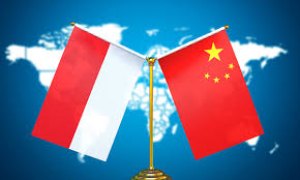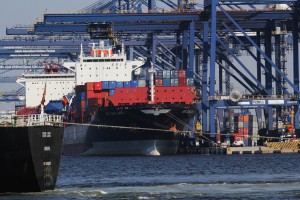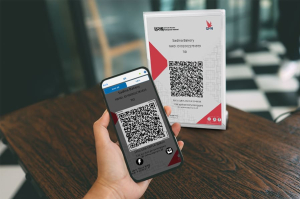Perum Damri requests Rp1 trillion state capital injection for 2025
State-owned land transportation company Perum Damri has proposed a State Capital Injection (PMN) of Rp1 trillion (US$16.5 million) for 2025 that will be used to procure 100 electric buses for Transjakarta and to rejuvenate diesel buses for pioneer routes.
Setia N. Milatia Moemin, President Director of Perum Damri, detailed the allocation of the requested funds, with Rp510 billion designated for the procurement of 100 urban electric buses and related electrical infrastructure. The remaining Rp490 billion will be used to rejuvenate 384 diesel buses serving pioneer routes.
Setia said that the proposal is based on several considerations. Many pioneer route buses are over seven years old and suffer from poor quality due to challenging terrain.
For urban transport, the current fleet is nearing the maximum operational age of 10 years allowed in Jakarta.
As a bus operator, Damri has a quota of 467 buses in Jakarta and currently operates 26 electric buses in the Transjakarta segment, in collaboration with State electricity company PT PLN for electricity provision.
“The company's equity is not sufficient to invest in replacing buses for these two segments,” Setia told a hearing with Commission VI of the House of Representatives (DPR) in Jakarta, on July 9, 2024.
Setia cited that PMN is crucial as Damri faces several obstacles in rejuvenating pioneer route buses, including costs, infrastructure, and demand.
The operational costs for Damri’s pioneer buses do not account for high operational expenses in remote areas and challenging terrains.
Additionally, fuel shortages in parts of Eastern Indonesia make fuel prices higher than the official retail price. Furthermore, the low population density in pioneer service areas and low fares regulated by local governments exacerbate the financial challenges.
“Moreover, the low population density in pioneer service areas and the low fares regulated by local governments also contribute to the difficulties,” Setia added.
Tag
Already have an account? Sign In
-
Start reading
Freemium
-
Monthly Subscription
30% OFF$26.03
$37.19/MonthCancel anytime
This offer is open to all new subscribers!
Subscribe now -
Yearly Subscription
33% OFF$228.13
$340.5/YearCancel anytime
This offer is open to all new subscribers!
Subscribe now






